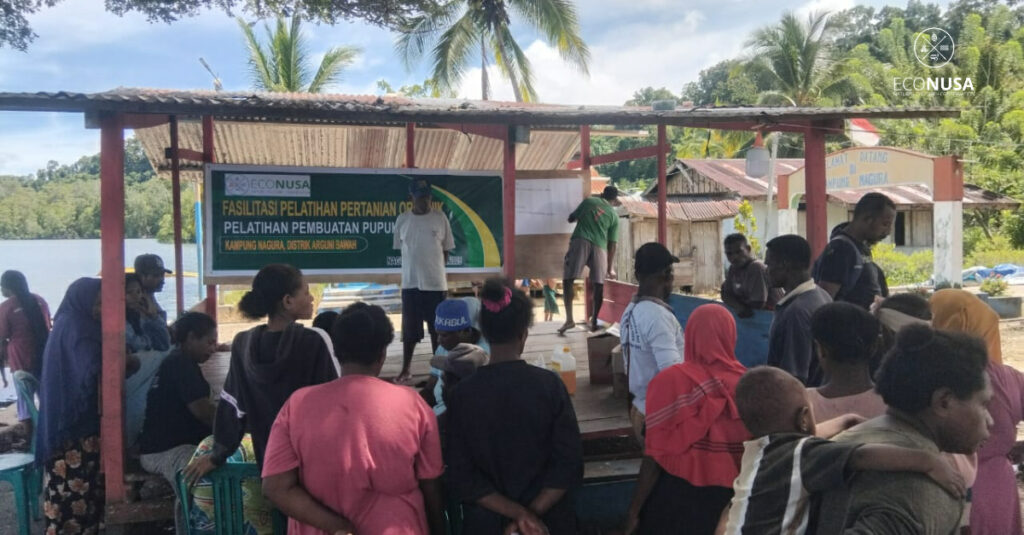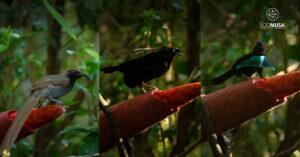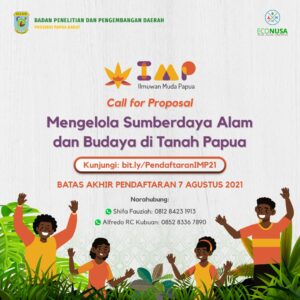
Food security is one of the fundamental aspects of a nation’s development. It involves not only the availability of sufficient food, but also people’s access to safe, nutritious, and sustainable food. This issue has become increasingly important with the growing global population, climate change, also the social and economic challenges that affect food production and distribution.
Food security requires serious attention in Kaimana, West Papua. In this province, farmers tend to focus on cultivating plantation crops such as nutmeg, coconut, and bananas. Meanwhile, for staple food, communities tend to rely on purchasing rice—most of which is imported from outside West Papua. As a result, rice constitutes a major portion of household spending.
Also Read: Crafting Food Security at Seraran Village with Organic Rice
Several decades ago, communities in Kaimana, especially in the Teluk Arguni Bawah area, used to plant upland rice. Villages in the district, such as Ukiara, Seraran, and Nagura, cultivated upland rice to meet their daily food needs. However, in the early 2000s, this practice stopped, leaving the community fully dependent on imported rice.
In response, EcoNusa Foundation has been encouraging communities to return to rice cultivation to meet their families’ food needs. This initiative began in Seraran Village in 2022, and as a result, the community is now enjoying rice from their own harvest. The program has since been extended to Nagura Village, starting in April.
The process begins with discussions with the community about food security. The people of Nagura acknowledged that a large portion of their income goes toward buying rice. They agreed to start cultivating rice again, planning to use seven hectares of land for this purpose, and have committed to clearing the land together. The villagers also agreed to start planting in groups to support and strengthen one another, especially since they haven’t grown rice in a long time. To ensure better organization, they formed a group with designated roles, including a chairperson, treasurer, and secretary.
Also Read: Sanggase, Vying to be Rice Producer in Okaba District
In addition to discussing rice planting plans, the activity also included training from EcoNusa team and alumni of the Social Transformation School on how to make organic fertilizers and pesticides using locally available materials. To make the fertilizer, for instance, they needed ingredients such as granulated sugar, canned milk, shrimp paste, yeast for tapai (fermented rice), chili, tobacco, salt, vinegar, eggs, cooking oil, banana stems and hearts, and young coconuts. These ingredients are then processed and fermented in a drum for 7 to 14 days.
The community showed great enthusiasm, as they had previously not used any fertilizers for either farming or gardening. With this new knowledge, they hope to improve their crop yields.








